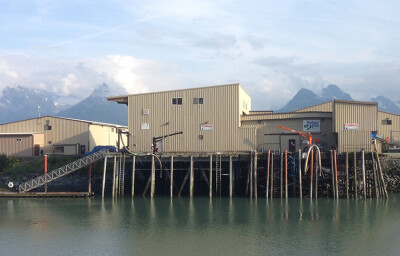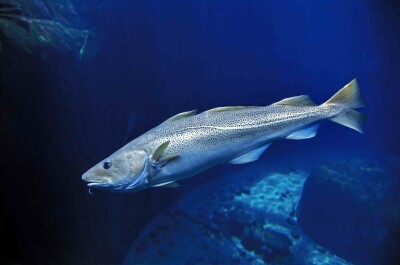ROCKPORT, Maine — In the ocean off Rhode Island, fisherman Rodman Sykes has noticed far fewer cold-water species like lobster and more warm-water species like mahi-mahi and electric rays cruise by his boat in recent summers.
“There’s been an awful lot of changes,” he told a roomful of fishermen and policymakers Saturday during a seminar on climate change and ocean acidification at the Maine Fishermen’s Forum that was hosted by the Island Institute. “‘What’s that? Get the book!’ We’ve been getting the book an awful lot more in the last few years.”
That dispatch from the immediate south gives Maine fishermen such as Steve Train cause for concern. The major fishery in the Gulf of Maine is lobsters, but the Casco Bay lobsterman said that in his 38 years of setting traps, he’s noticed the water is getting warmer and things are shifting here, too. Lately, he’s seen lots of anomalous species like red hake, turbot, squid, black sea bass and Maryland blue crabs in Maine waters but fewer native species like shrimp and cod.
“Climate change is certainly affecting not just the fishing, but the way we’re managing the fishing,” Train said. “The quantity of lobsters being caught for years was always heavier to the westward, lower to the eastward. Now, it’s flip-flopped.”
Read the full story at Bangor Daily News>>






